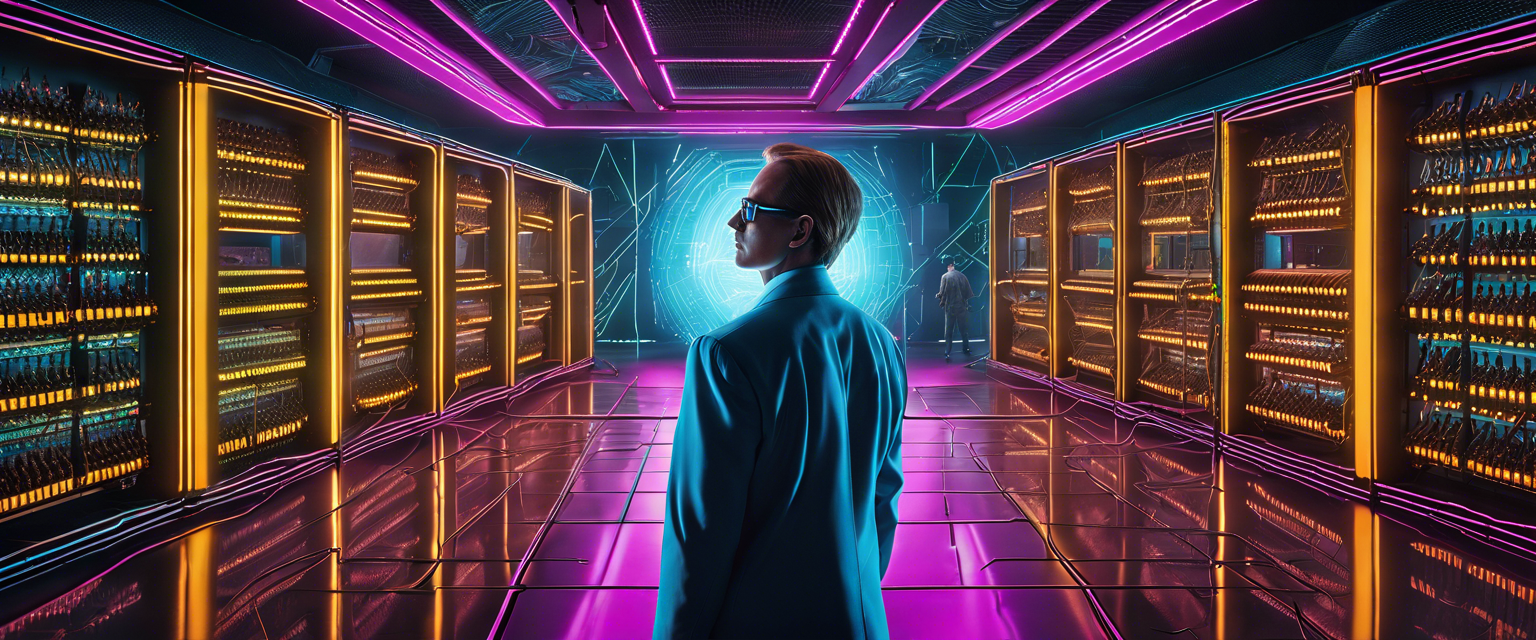OpenAI's Corporate Restructuring: A Strategic Shift
OpenAI, renowned for its groundbreaking AI platform ChatGPT, is currently contemplating a significant corporate restructuring aimed at better aligning its nonprofit and for-profit divisions. This potential transition comes in the wake of widespread criticism and legal challenges since the company's controversial decision in 2019 to establish a for-profit business alongside its original nonprofit foundation.
Transformation into a Public Benefit Corporation
According to a blog post published on December 27, OpenAI is exploring the option of transforming its for-profit division into a Delaware Public Benefit Corporation (PBC). This legal structure requires organizations to balance the interests of shareholders, stakeholders, and public benefits, which could help OpenAI raise capital under conventional terms synonymous with other corporations in the technology sector.
Focus on Charitable Initiatives
Implementing this restructuring could allow OpenAI's nonprofit division to recruit a dedicated leadership team focused on charitable initiatives in critical areas such as healthcare, education, and scientific research. This move aims to better serve public interests while navigating the complexities of maintaining a for-profit segment.
Legal Challenges from Co-Founder Elon Musk
The situation has been exacerbated by a lawsuit filed by Elon Musk, the CEO of Tesla and a co-founder of OpenAI. Musk's legal actions in 2024 targeted the leadership of OpenAI, including CEO Sam Altman, alleging violations pertaining to the foundational contributions Musk made to the organization. The lawsuit accuses Altman of manipulating Musk into supporting what he terms a "spurious nonprofit venture." Accusations such as these have contributed to the growing controversy surrounding OpenAI's for-profit ambitions.
Musk's Competitive Positioning with xAI
In the wake of the dispute, Musk has launched his own AI company, xAI, which he claims faces disadvantages due to OpenAI's alleged anti-competitive practices. Meanwhile, David Sacks, whom many speculate could become the "White House AI and Crypto Czar" under President-elect Donald Trump, has also criticized OpenAI. He referred to the organization's pivot from its nonprofit roots to a for-profit model, likening it to a "shift from nonprofit philanthropy to piranha." This sentiment reflects a broader apprehension regarding the ethical implications of such structural changes within influential tech companies.
Future Impact of AI Agents
Looking toward the future, experts predict a substantial increase in the utilization of AI agents across decentralized communities by 2025. J.D. Seraphine, CEO of the Web3 AI developer Raiinmaker, shared this forecast with Cointelegraph in December, suggesting that over 1 million AI agents may be integrated into blockchain networks by the end of 2025. This anticipated growth signifies the expanding role of advanced AI applications in various sectors, including financial services, healthcare, and beyond.
Conclusion: Navigating the AI Landscape
OpenAI's potential restructuring represents a crucial moment in the ongoing dialogue surrounding the intersection of technology, ethics, and profit motive. As the landscape of artificial intelligence continues to evolve, the company's actions will undoubtedly be closely watched by stakeholders in both the private and public sectors. The outcomes of these developments will not only shape OpenAI's future but could also significantly impact the direction of the broader AI industry.



Commenta
Nota che i commenti devono essere approvati prima di essere pubblicati.
Questo sito è protetto da hCaptcha e applica le Norme sulla privacy e i Termini di servizio di hCaptcha.